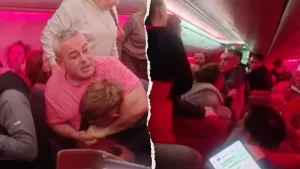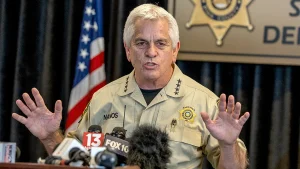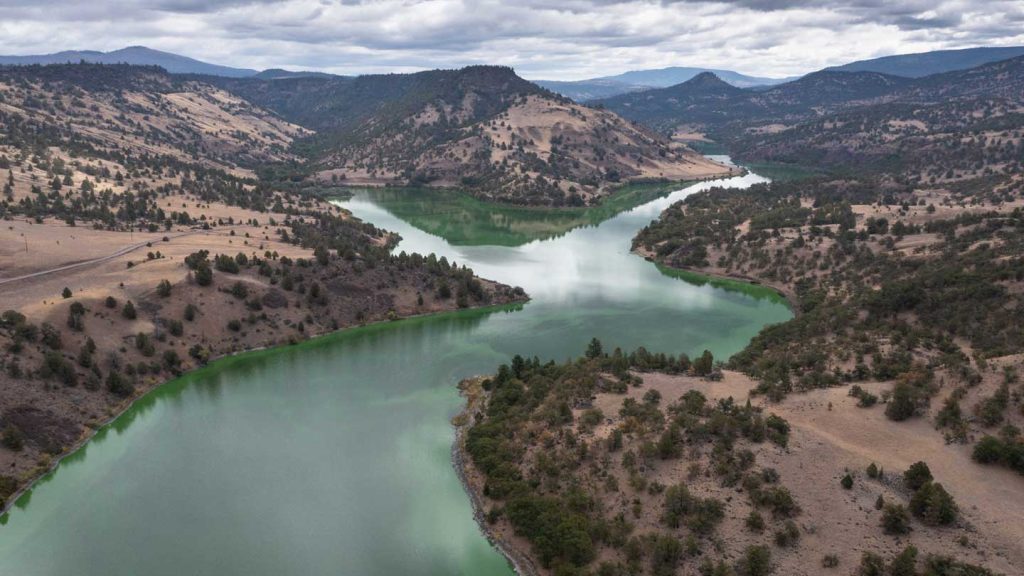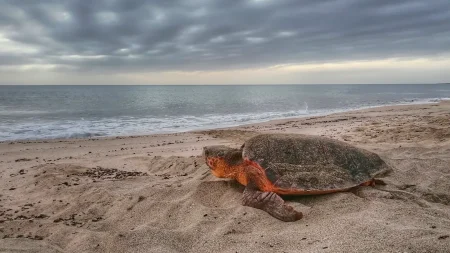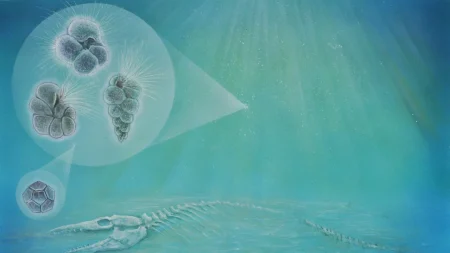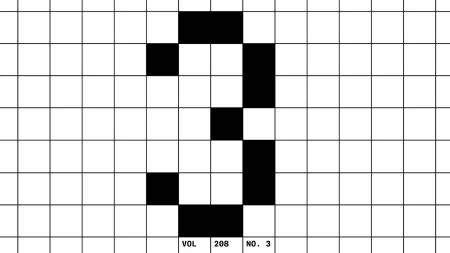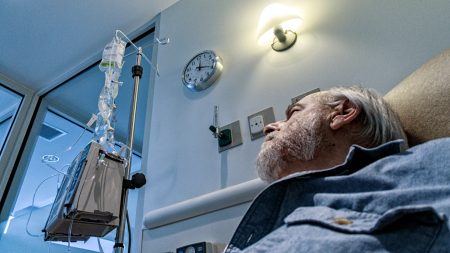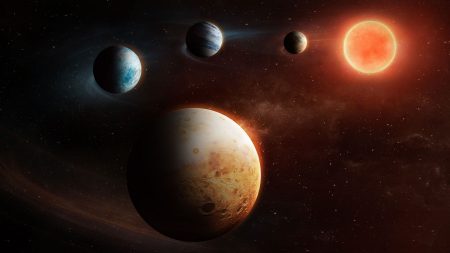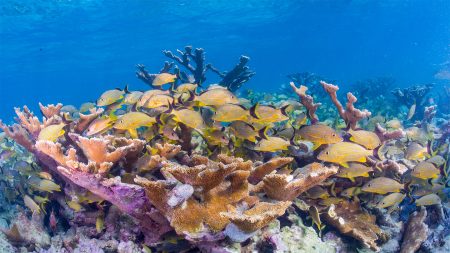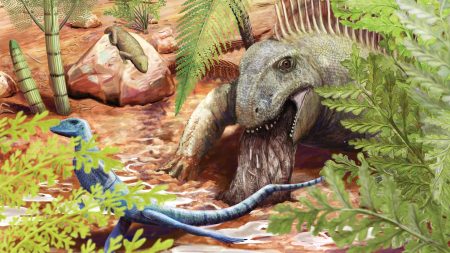The Water Remembers: A Tribal Nation’s Fight to Save Their River and Way of Life
In “The Water Remembers,” Yurok tribal member, activist, and attorney Amy Bowers Cordalis shares a deeply personal account of her people’s decades-long battle to restore the Klamath River in Northern California. This powerful memoir chronicles one of the most significant environmental success stories in recent American history—the largest dam removal and river restoration project ever undertaken in the United States.
The story begins with devastation. In September 2002, an ecological disaster struck the Klamath River when an estimated 34,000 to 78,000 adult Chinook salmon perished within the Yurok Reservation. The cause was clear: the U.S. government had diverted river water to farms during a drought, resulting in low water levels and warm temperatures. Combined with toxic blue-green algae blooming in reservoirs behind the river’s four dams, these conditions created the perfect environment for “ich,” a parasitic gill rot disease that suffocated the fish. For the Yurok people, whose identity and survival have been intertwined with the river and its salmon for countless generations, this mass fish kill was not merely an environmental disaster but an existential threat. As Cordalis poignantly explains, Yurok stories “teach that if the Klamath salmon and the Klamath River die, so will the Yurok people.”
The Yurok’s relationship with the Klamath River runs deep, forming the foundation of their cultural and spiritual practices. Cordalis vividly describes the sacred reciprocity between her people and nature—the Yurok serve as stewards of the river and its ecosystems, and in return, the river provides both physical sustenance and spiritual fulfillment. Her descriptions of fishing on the Klamath convey a profound spiritual connection: bobbing in a boat with gill net in hand, surrounded by trees, water, and wildlife is not merely a practical activity but a sacred practice that connects the Yurok to their ancestors and traditions.
Yet this harmonious relationship has been under constant threat since the arrival of European settlers. Cordalis unflinchingly recounts the historical injustices that have plagued her people—from the theft of Yurok land in the 19th century to California’s mid-20th century ban on Yurok fishing, which was implemented to benefit non-Indigenous logging and fishing businesses. Throughout these hardships, the Yurok, including Cordalis’s own family, maintained a tradition of resistance. Her great-grandmother, Geneva Mattz, and her sons defied the fishing ban by selling bootlegged salmon. Later, her great-uncle Ray Mattz took the fight to the U.S. Supreme Court and won a landmark case in 1973 that affirmed his Indigenous fishing rights.
The 2002 fish kill became a catalyst for renewed activism. Cordalis, then a 22-year-old intern at the Yurok Tribal Fisheries Department, witnessed firsthand the devastation of thousands of dead salmon crowding the riverbank. Her visceral descriptions of this “ecocide” communicate both the environmental tragedy and the profound emotional response of the Yurok people. This pivotal moment set Cordalis on her path to law school, eventually becoming the Yurok Nation’s general counsel and a key leader in the “Undam the Klamath” movement.
What followed was a remarkable two-decade campaign involving demonstrations, negotiations, and collaboration between tribal nations, corporations, and government entities. Despite differing motivations, these stakeholders ultimately worked together toward a common goal. Their efforts culminated in 2022 when the U.S. Federal Energy Regulatory Commission voted to remove the dams and restore the Klamath River. By October 2024, the last dam was completely removed, allowing salmon to migrate and spawn farther upriver for the first time in over a century. The restoration of the Klamath Basin’s ecosystems is planned to continue through 2028.
“The Water Remembers” offers more than just a chronicle of environmental activism—it provides a message of hope in our era of climate crisis. Cordalis reminds us that solutions are possible when we reconnect with our innate understanding of environmental balance: “All humans have ancestral knowledge in our blood about what it was like to live on a healthy planet. The medicine is still here, in you and me. In all of us. We can restore the balance. We can renew the world.” Her story demonstrates that through persistence, collaboration, and a deep connection to the natural world, even seemingly insurmountable environmental challenges can be overcome.
